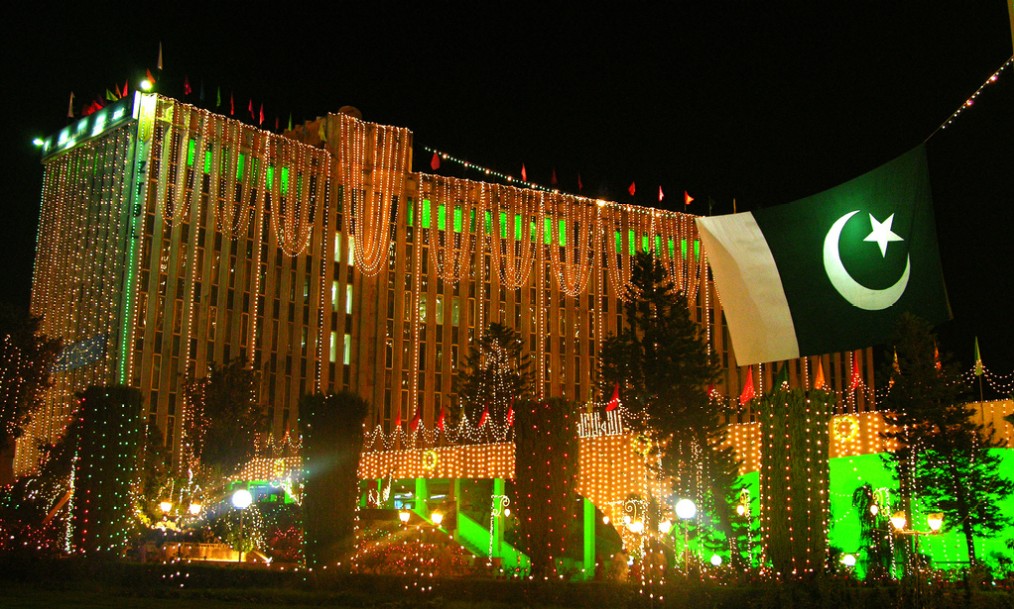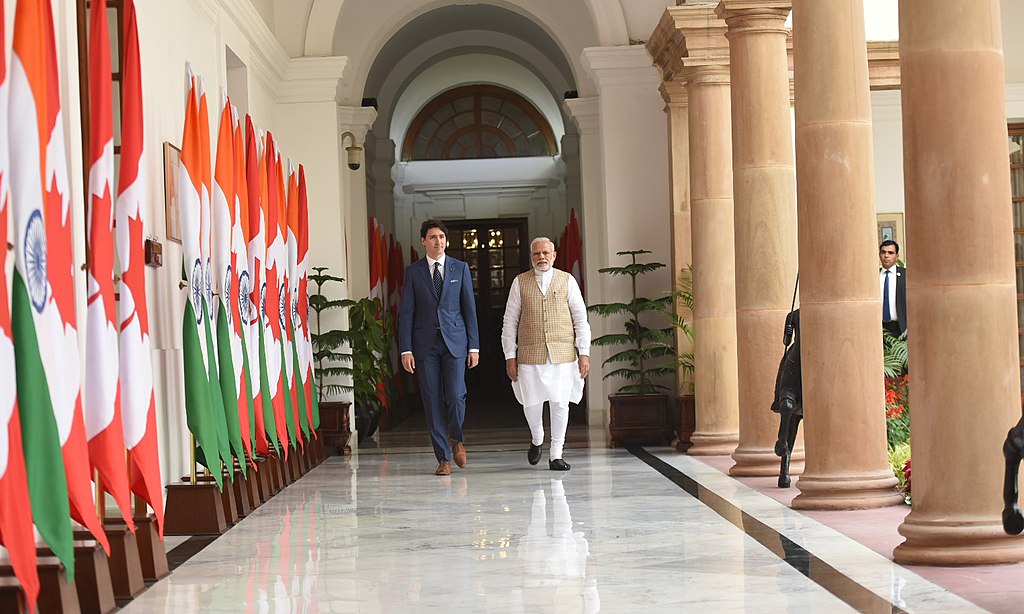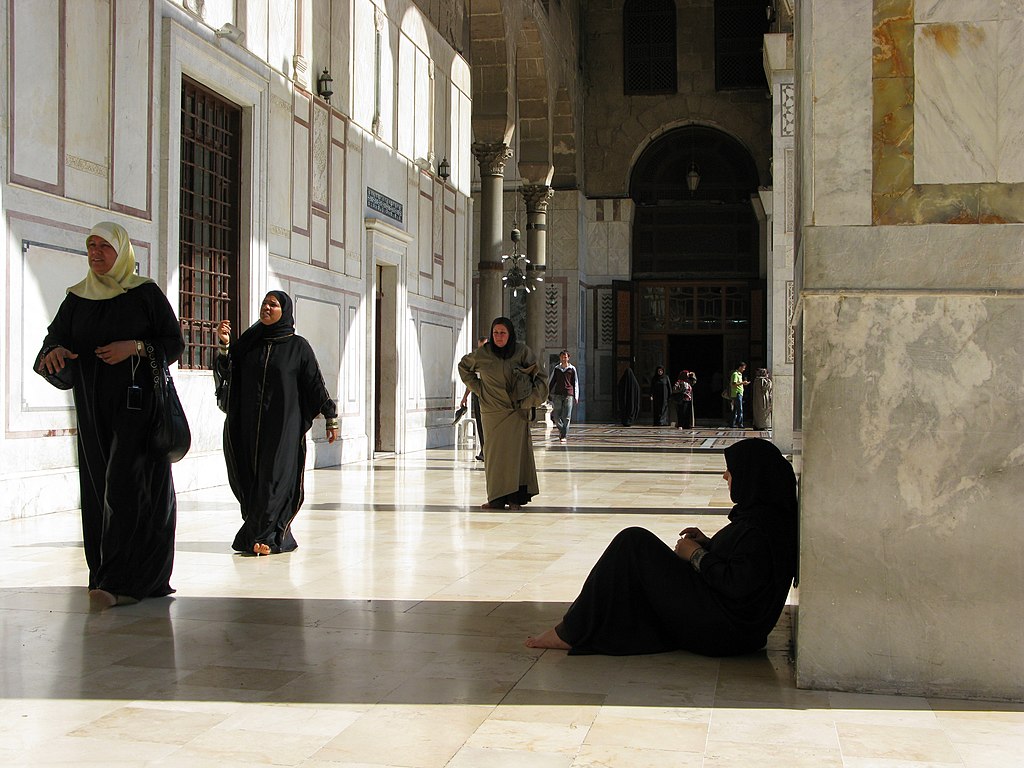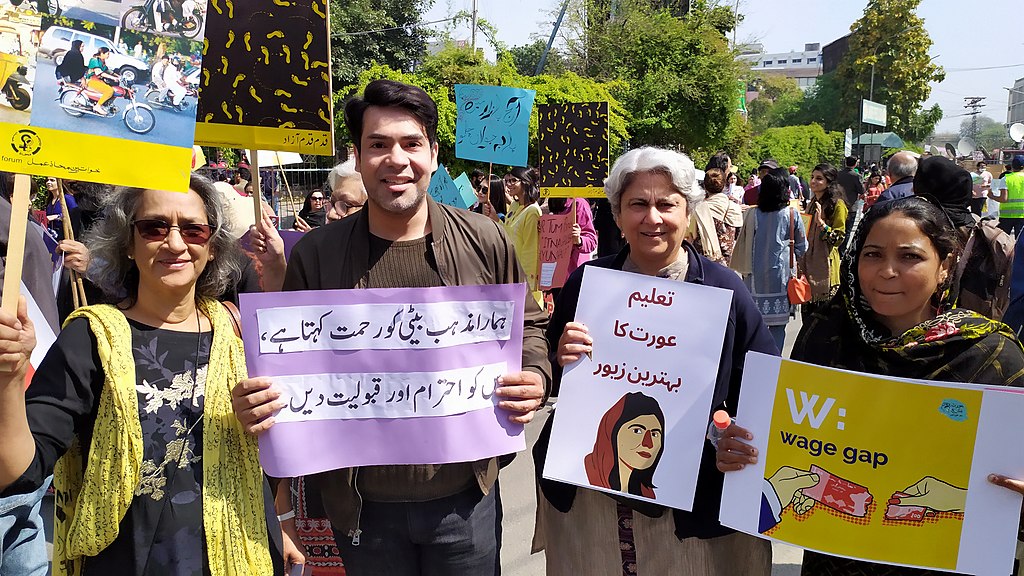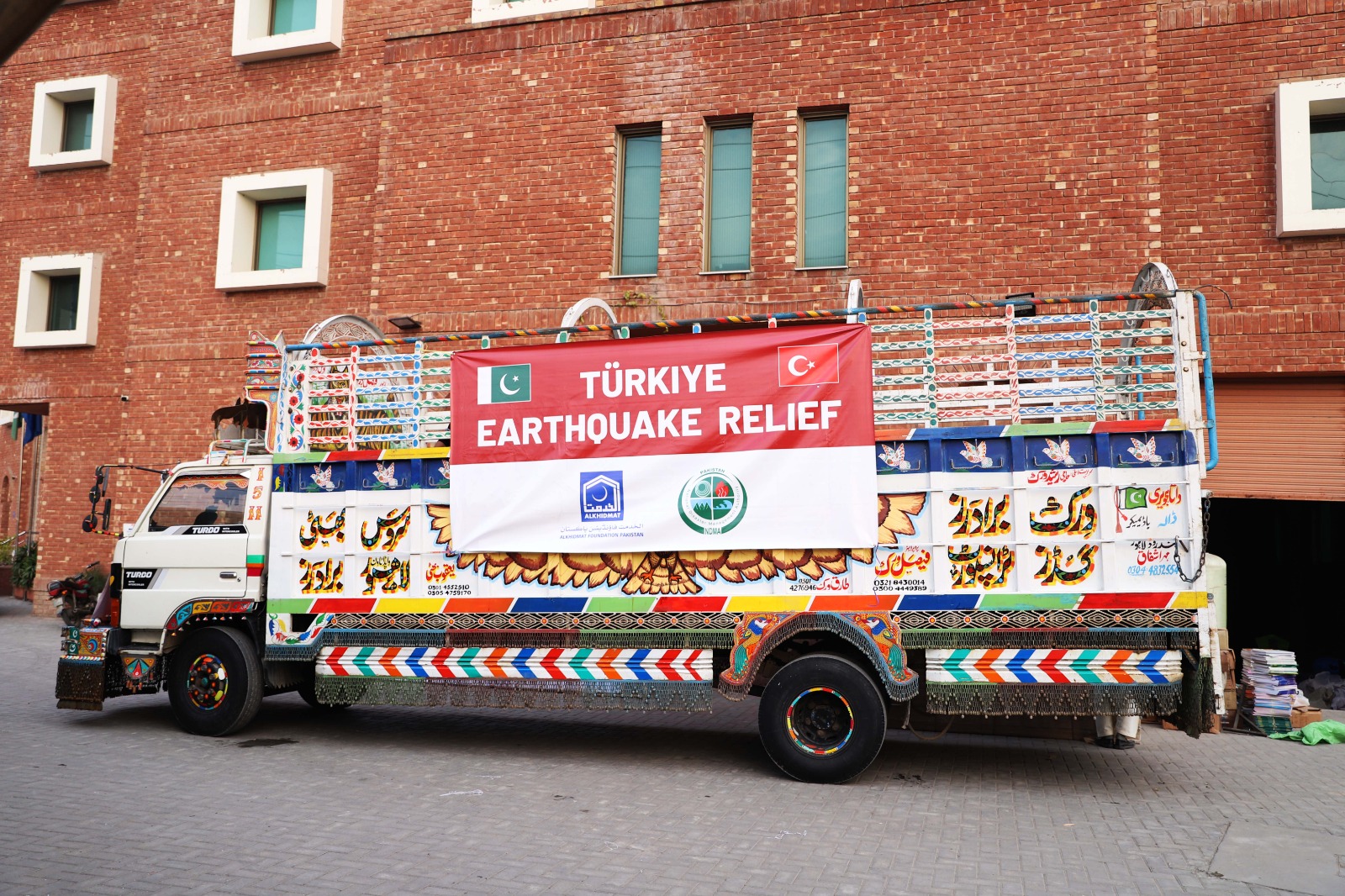This is a summary of the original article appeared in the Asia section of the print edition under the headline “Broken and broke” that may be found here
The events of January 23, when Pakistan’s major cities were plunged into a blackout prompted by a power grid failure, shocked the country of 230m people most of whom are already accustomed to frequent power cuts. The blackout is symbolic of an economic crisis severe even by the standards of a country well-known for them.
Pakistan is still reeling from the devastating effects of the worst floods in its history that rendered millions homeless and cost the country billions in damage. Rocketing inflation, fueled by global factors and economic mismanagement, is making the situation harder. With the rupee in freefall and foreign exchange reserves dwindling, the country faces its worst balance of payments crisis, threatening to tip its fragile economy over the edge.
On the face of it, Pakistan closely resembles Sri Lanka just before it defaulted on its debt last year. Yet Pakistan is unique in the sense that it is the world’s fifth biggest country by population, perennially unstable, beset by insurgencies, and threatened by a hostile neighbour in India.
A continuing wave of terrorism and insurgency, mainly in the north-west, has added to the woes of a weak government already mired in political dysfunction and endemic corruption, which has only served to stymie its responses to the multiple crises.
Imran Khan, a charismatic ex-cricketer who was ousted as prime minister last April, has spent the past year pressing for an early election and agitating to bring down the government of Shehbaz Sharif, who replaced him.
With foreign currency reserves just enough to cover three weeks of imports, Mr. Sharif’s administration is meanwhile negotiating with the IMF for renewed access to a $1.1bn bail-out program agreed upon in 2019 and suspended due to a lack of progress on promised reforms.
If the negotiators fail to strike a deal, Pakistan could default on its sovereign debt.
The forex shortage, in part caused by efforts to prop up the rupee, is causing untold damage. Import restrictions, imposed to save dollars for essential items like food and fuel, have hit the manufacturing output of large-scale industries reliant on imported inputs, such as cars, chemicals and textiles. Power cuts are estimated to have cost the industry an additional $70m.
The World Bank predicts GDP will grow by just 2% this year, half what it forecast last June, causing deep pessimism.
With only half of Pakistan’s soggy fields sufficiently recovered to be sown with winter wheat, much of the country is facing another lost harvest. Worse, the almost total loss of the cotton crop to the floods has ravaged the textile industry, a major source of exports. Some 7m textile workers may have lost their jobs since last summer, according to industry sources.
The floods and job losses are thought to have pitched almost 9m more people into poverty, mostly in the countryside, where thousands are still languishing in tents. Although foreign donors have pledged $9bn in relief, far less has actually arrived.
These political, economic and environmental crises are mutually reinforcing. Payments from the bail-out program agreed in 2019 were suspended after Imran Khan, facing parliamentary defeat and ejection from office, reintroduced fuel subsidies. Mr. Sharif’s government vowed to fulfill the fund’s conditions but backtracked and reinstated the subsidies, prompting another suspension of payouts.
Now however, Mr. Sharif’s government seems to be bowing to the inevitable as it has stopped trying to prop up the rupee, and acquiesced to the IMF’s wishes by raising fuel prices. If the current negotiations in Islamabad unlock the bail-out funds, it might encourage other external creditors to extend credit lines or defer payments on existing loans, allowing Pakistan to stabilize its position.
Yet any relief is likely to be temporary. The current IMF program expires in June; Mr. Sharif’s term will expire in August. A caretaker administration will then preside over the interim two-month political vacuum before the scheduled elections.
In these circumstances, it is hard to think of any government in Pakistan carrying out additional reforms such as raising taxes and electricity tariffs, required to secure more IMF funding.
Already staring down an abyss, Pakistan’s worst nightmare may just be about to begin.
The views expressed herein may not necessarily reflect the views of JI FAD and/or any of its affiliates

